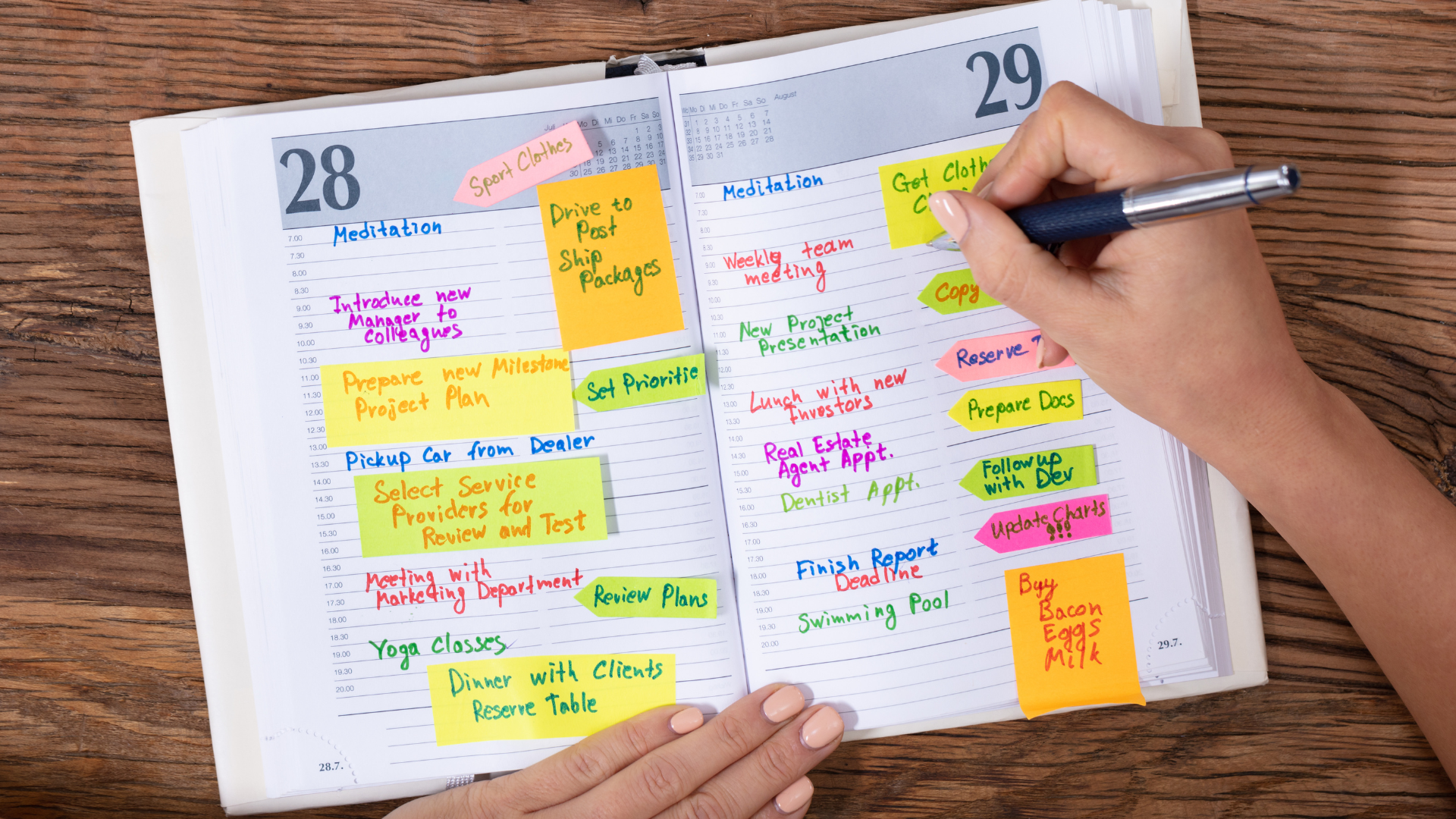Creating Comfort at Home: Tips Every Home Health Aide Should Know
As a Home Health Aide (HHA), your job is about more than providing physical care—it's about helping your clients feel safe, supported, and comfortable in their own homes. Small changes and thoughtful touches can transform a daily visit into something truly meaningful.
At Fordham Institute Inc., we teach the essential clinical skills, but we also believe in the power of care that feels personal and compassionate. Here are simple, practical tips every HHA can use to create comfort—not only for their clients, but even for themselves in their own homes.
1. Keep It Clear and Safe
Clutter can create hazards, especially for clients with mobility challenges. Helping tidy up walkways, securing loose rugs, or neatly arranging cords doesn’t just keep the space looking nice—it helps prevent accidents.
Try this: When you first arrive, take a quick scan of the main areas your client uses. Adjust small items that could be tripping risks.
2. Make Simple Organization Changes
Organizing frequently used items so they’re easy to reach can make a huge difference. Place water, tissues, remotes, glasses, and phones within arm’s reach. Little conveniences add up to big relief.
Bonus: Many HHAs find they bring these habits home—making their own living spaces easier and more peaceful.
3. Use Gentle Conversation to Set a Calm Tone
Your attitude and energy shape the environment. Warm greetings, light conversation, and even a compliment about the day can ease stress or loneliness.
Remember: Sometimes, the comfort you bring isn’t physical—it’s emotional. Your kind words may be the highlight of someone’s day.
4. Bring in Small Joys
If appropriate, consider simple ideas like opening curtains for natural light, adjusting a fan or blanket, or playing soft background music your client enjoys. These thoughtful details help the home feel alive and welcoming.
Tip: Notice what makes your client smile—then try to incorporate it into future visits.
5. Keep Your Own Care in Mind
A calm caregiver creates a calm space. Pay attention to your own energy: get rest, stay hydrated, and take deep breaths if the day feels stressful. This balance not only helps you, it directly supports your client’s comfort too.
A Comfort-First Approach
Being an HHA is about meeting needs, but it’s also about nurturing dignity, peace, and well-being. By focusing on small acts that boost comfort and safety, you’re giving your client the priceless gift of feeling truly cared for.
📞 Interested in becoming an HHA? Call us at 718-480-1804 to learn more.





